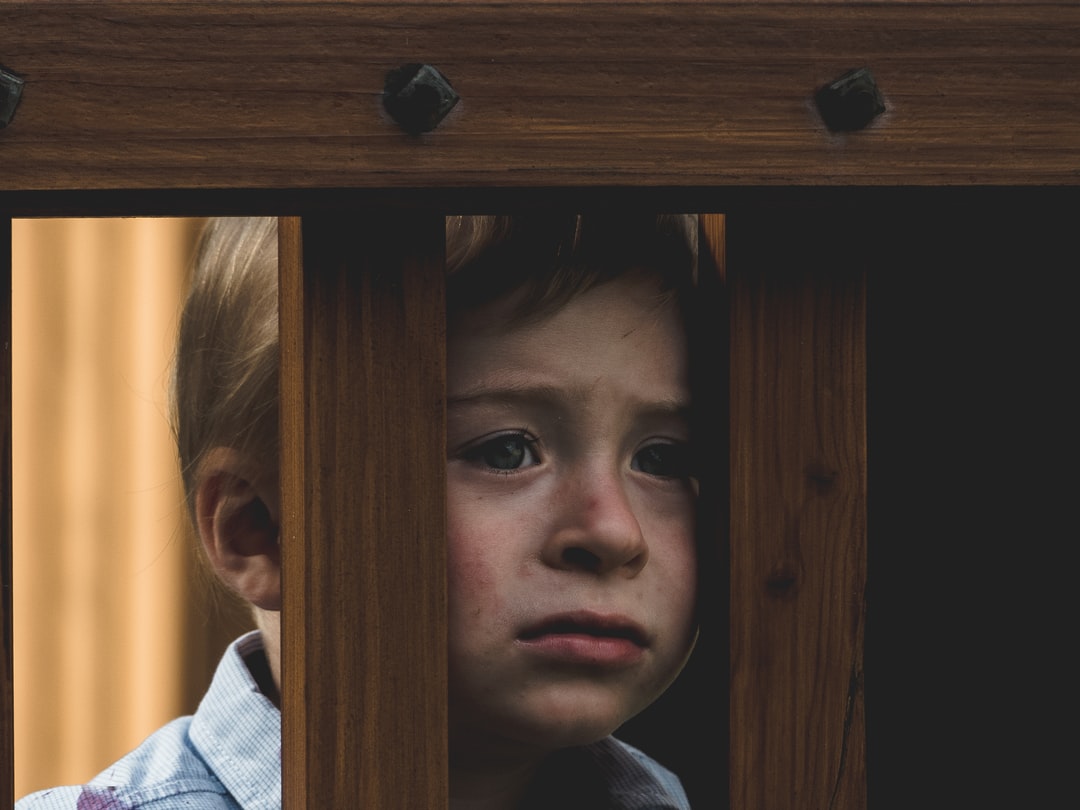What Is the ACE Score?
Have you ever heard of the ACE score?
The ACE score comes from the ACE quiz (or Adverse Childhood Experience quiz). This quiz is used by doctors, therapists, social workers, and more to determine a child's risk factors for future mental and physical health problems.
But what is the ACE quiz really? What kinds of things go into someone's ACE score, and why does it matter?
We're here to explain. Keep reading to learn all about the ACE score and how it applies to mental health and child psychology.

What Is the ACE Score?
Have you ever heard of the ACE score?
The ACE score comes from the ACE quiz (or Adverse Childhood Experience quiz). This quiz is used by doctors, therapists, social workers, and more to determine a child's risk factors for future mental and physical health problems.
But what is the ACE quiz really? What kinds of things go into someone's ACE score, and why does it matter?
We're here to explain. Keep reading to learn all about the ACE score and how it applies to mental health and child psychology.
What Is the ACE Quiz?
The ACE quiz measures Adverse Childhood Experiences. In other words, it determines whether or not a child has had traumatic experiences that may impact their health in the future (or even at the moment).
The ACE quiz is incomplete. It's a brief quiz that features important categories, but those categories could be expanded based on our current understanding of trauma. That said, it's a great starting point.
What Do the Results Mean?
If someone gets a high ACE score, it means that they're more likely to respond to it with poor mental health, "acting out," or a future of substance abuse. The score determines the level of risk.
The child may also be at risk for certain health conditions, like high blood pressure, broken bones, heart disease, obesity, and STDs.
If a child has a high ACE score, and that child has also been acting out in school, it provides an explanation and gives mental health professionals a starting point.
In most ACE quizzes, there are 10 primary questions (though these questions could use an update to include other forms of childhood trauma). The ideal score is 0. Even if someone scores a 1-3, which seems low, those experiences can still be traumatic.
It's important to note that the ACE score isn't the definitive guide to determining whether or not someone is going to have issues in the future as a response to their adverse childhood experiences. It doesn't measure positive experiences.
This means that if someone has experienced things that go into the quiz, but they also have a strong support network or they've already sought help, they may grow up without any problems.
What Factors Go Into the ACE Score?
As we mentioned, the ACE score seems incomplete in its current form. It doesn't include things that happen outside of the household that could contribute to a child's mental health (such as experiencing racism or sexism, witnessing a traumatic event, homelessness, isolation, and more).
It's still a well-rounded quiz. It covers household dysfunction, childhood abuse, and childhood neglect (before the age of 18) in an easy-to-answer way for children.
Here's how those questions break down.
Household Dysfunction
Household dysfunction is a large factor in the ACE score. It's also one that many people don't think of when they're determining whether or not a child has experienced trauma.
So what does household dysfunction look like?
One aspect of household dysfunction is a parent abusing another parent or family member. The quiz specifies mothers, but any kind of abuse that a child sees can be traumatic.
Household substance abuse or mental health struggles can also traumatize a child if the child notices them.
Children who have lost a parent, through death, divorce, or incarceration, will also have a higher ACE score. While many children thrive with one parent, it's best for them to have two if both parents are healthy and responsible.
This doesn't mean that divorce is a problem; it means that after an amicable divorce, both parents should strive to spend time with the child.
Abuse
Childhood abuse is one of the most important (if not the most important) factors in a child's future mental health.
The ACE score measures physical, sexual, and emotional abuse. If a child experiences criticism, sexual touching, or physical violence, they'll have a high ACE score.
Neglect
Neglect is the last factor involved in the ACE score. Sometimes neglect intersects with household dysfunction and abuse, but it can also be problematic on its own.
There are two primary forms of neglect: physical and emotional.
Physical neglect is when a household isn't meeting a child's physical needs. They may not have enough food, water, or proper clothing for the child (regardless of whether or not this is intentional). The child may not get enough sleep.
Emotional neglect refers to a household that doesn't meet a child's crucial emotional needs. Children need support, enrichment, and affection to develop in a healthy way.
What’s Your ACE Score?
Children and adults alike can take the ACE quiz to determine their risk factors for future health issues. If you have (or know) a child who's displaying poor mental health, it might be time to talk to a mental health professional about earning their ACE score.
At Choice MD, we want to help you find the right professional for you and your child. Check out our directory of healthcare professionals to start getting help today.